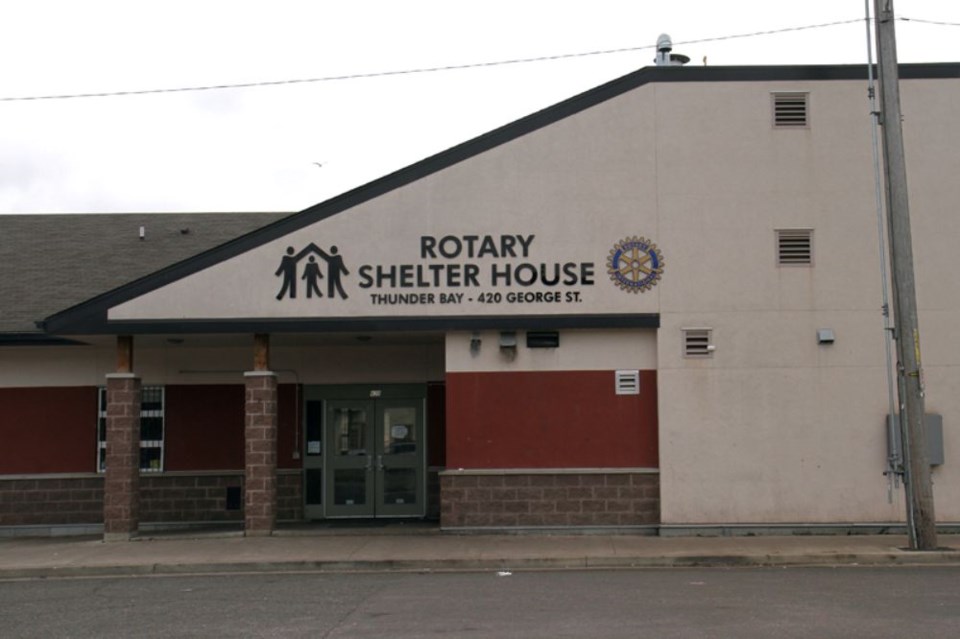THUNDER BAY -- Shelter House might have to make some tough decisions if its appeal for denied funding increase doesn't go through.
Last year it received around $235,000 from the city through its community fund, which gives grants to a variety of cultural and community programs. This year the shelter asked for $500,000 to help with its expanding programs like the alcohol management program and street outreach services, both called for through various city strategies, and skyrocketing demand at the shelter. It also provides low-barrier access to shelter, something also called for through the city's drug strategy.
But city administration denied the increase request. Executive director Patty Hajdu said part of the rationale given was that the shelter should apply for more funding through the Ministry of Health and Long-term Care, something she said can't be done because the shelter isn't a health provider. Another reason was that there was no evidence that the SOS program is needed year-round.
"We belive that the service we provide is a valuable service to the community of Thunder Bay and is in fact an essential service for the wellness and safety of all citizens," executive director Patty Hajdu said.
"It's very frustrating that we have policy such as the drug strategy, the crime prevention strategy, the poverty strategy that all have actions that we as an organization have stepped up to the plate to enact."
The funding currently received is around one-twentieth of one per cent of the city's gross operating budget. The request, which is headed to an appeals committee made up of four city councillors who will be named Monday night, would bring that number to one-ninth of one per cent. Shelter House would still need to fundraise and search for grants to make up the lion's share of its budget, a majority of which is used for staff.
If the appeal isn't successful, Hajdu said staff hours might have to be cut back, meaning less services for the people who need them. The $500,000 alcohol management program, hailed as a success by city officials and health researchers, might also have to go
Not operating 24 hours a day, which would send people out onto the street, might also be an option.
"The board will have some very difficult decisions to make and we'll have to make them together," Hajdu said.
Coun. Rebecca Johnson said administration decides who gets what funding under the community fund but if people or organizations don't agree with the decision, that's what the appeal process is for.
"There is a process in place you can't circumvent that there's no way that can happen otherwise why do we have the process in the first place," she said.
But there's no question that Shelter House has been used as the short-term solution to many of the city's social issues that have long-term strategies without any funding or commitments attached to them yet. It's the reason Johnson thinks the city has no choice but to fund Shelter House when the appeals process comes to city council.
"I think we're at the point where we need to very seriously stop talking about it and start doing," Johnson said.
"If we don't do that then we're going to be dealing with people that are on the street that are going to create more problems. This is at least one short-term solution for a longer term solution that I hope we eventually get to sooner rather than later."
Coun. Andrew Foulds said it's time the city starts acting on the strategies developed last term and Shelter House needs support.
"I think what they do for this community is Herculean," he said."Some of the services they provide, no one else will do."
But the federal and provincial governments have much deeper pockets than any city does and need to start helping out with the city's social issues.
